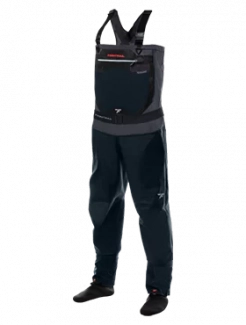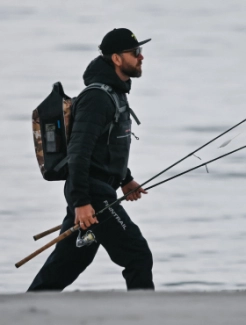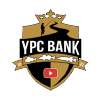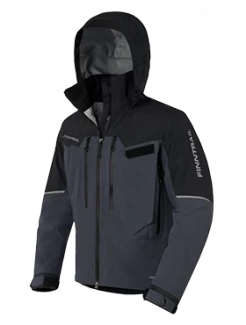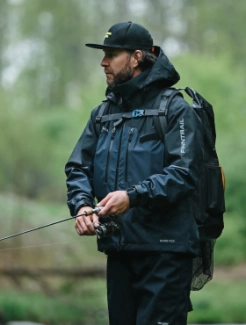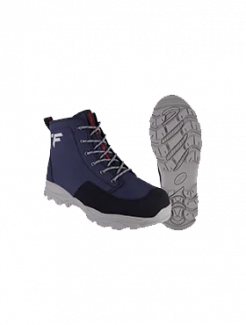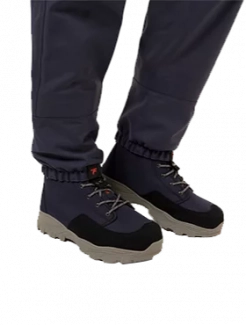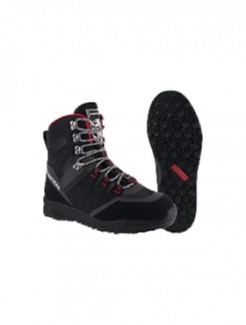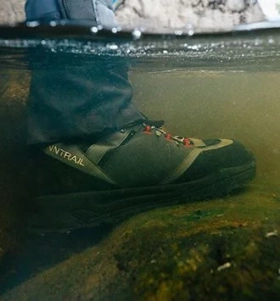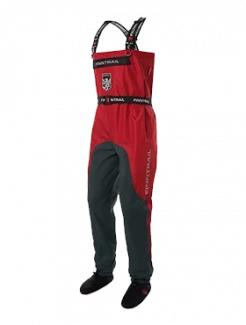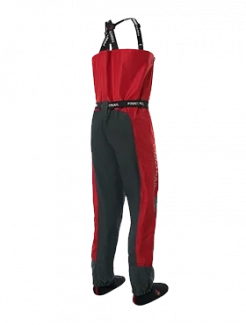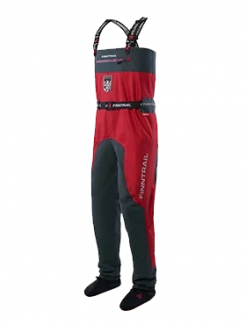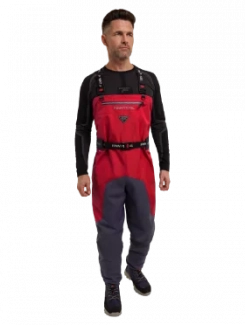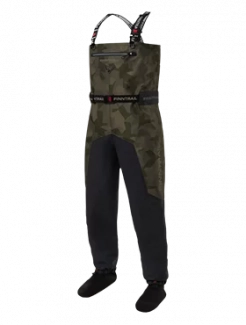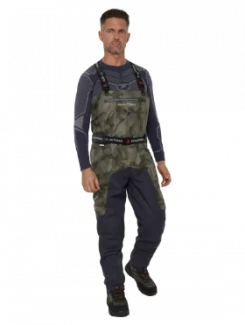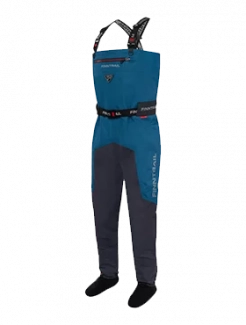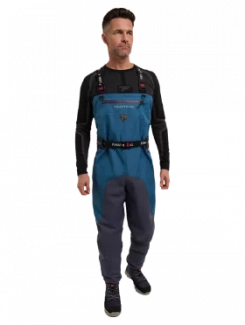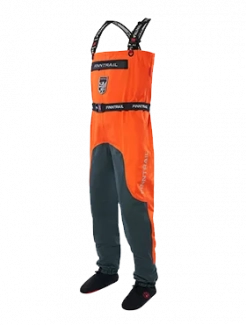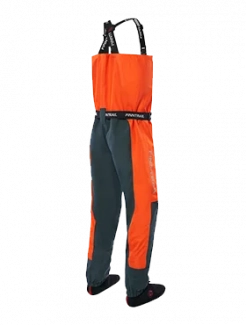How to Go Pro in Fishing Competitions
Competitive fishing has grown from a casual hobby into a serious sport with real professional opportunities. In this article, Sami Mouhib, an experienced fishing blogger and competitor, shares his insights on what it takes to move from recreational fishing to the professional level. This guide covers the essential steps you need to take to go pro in fishing competitions.
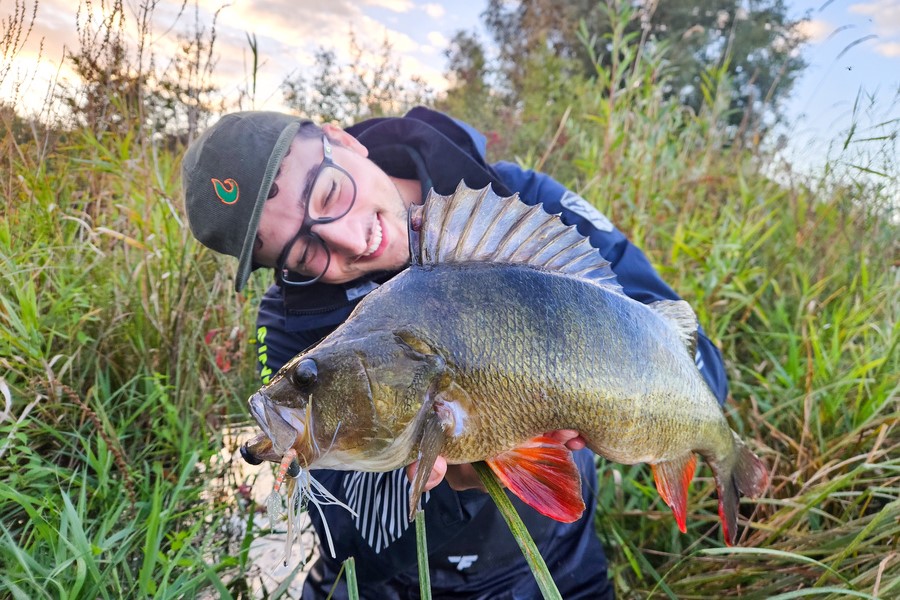
Learning About Fishing Competitions
The first step to becoming a pro is learning where to compete and how it works. As Sami says, you should start by looking for competitions. The good news is that competitive fishing is easier to get into than most people think. You can find everything from small local contests to big tournaments.
Start by looking up local fishing clubs and groups in your area that run regular competitions. These smaller organizations are great places to learn and practice. You can also check social media, where many fishing groups run online contests and organize meetups that can help you find real competitions.
Starting with small, local competitions has many benefits. You'll gain experience, but you'll also meet other people in the fishing community—other anglers, people who can teach you, and even sponsors who might help fund your fishing career. These connections become very important as you move up to bigger competitions.
Building Consistency and Strategy
What separates beginners from pros? Consistency. Sami says you need to really understand the rules of each competition and have a clear plan. Every competition is different—they have different formats, scoring, and rules. Know them well to get ahead.
To build your strategy, you need to spend a lot of time fishing. Professional fishing isn't about getting lucky. It's about spotting patterns, understanding how fish behave, and knowing how to adjust when conditions change. Get to know your local fishing spots really well—learn when fish are active during different seasons, how water conditions affect them, and where they like to hide.
Practice like you're in a real competition. Use a timer, put yourself under pressure, and practice the exact techniques that the rules allow. This helps you stay mentally strong and build muscle memory for competition day.
Keep Improving and Set Goals
To become a professional, you need to keep getting better. Sami says you should set goals that are realistic and push you to improve, but don't make them so hard that you get discouraged. For example, you might aim to finish in the top ten at local events, catch a certain number of fish, or learn a new fishing technique.
As you get better, try fishing in new places and use different methods. This helps you keep learning and gets you ready for bigger competitions where conditions can be very different. Professional anglers often fish in places they've never been before, so being able to adapt is really important.
Write down everything about your fishing trips. Keep notes about what works and what doesn't—the weather, water temperature, which lures caught fish, and how the fish were acting. When you track this information, you'll start to see patterns and can improve your fishing methods over time.
Get the Right Equipment
Good equipment is important for fishing competitions, but Sami has helpful advice: your gear should help you fish better, not distract you. While quality equipment matters, don't get too caught up in buying the newest and fanciest gear. Focus on developing your skills instead.
Buy good rods, reels, and tackle that work well for the type of fish you're catching and the competitions you enter. Your clothing is just as important—wearing the right clothes isn't just about staying comfortable; it helps you fish well all day long. In winter, wear warm, waterproof layers so you can focus on fishing instead of feeling cold. In summer, wear clothes that protect you from the sun to avoid getting tired and protect your health.
If you need a boat for competitions, make sure it works well and is in good condition. If your equipment breaks during a competition, you could lose your chance to win. Check and maintain your gear regularly, and have backup equipment ready in case something important breaks.
The Mental Side of Competition
One of Sami's most valuable insights addresses the psychological difference between fishing for fun and fishing in competitions: "Competing is different from fishing." This distinction is really important for anyone who wants to go pro.
Competition fishing is stressful. You have limited time and need to catch fish no matter what the conditions are like. You need to stay relaxed like when you fish for fun, but also stay focused on getting results. To succeed in competitions, you need to handle stress, stay focused when things get tough, and stay confident even when the fish aren't biting.
However, Sami emphasizes that you shouldn't forget to have fun. "Fun keeps you moving forward," he says. The journey toward professional status is long and challenging. If you stop enjoying fishing, you'll get burned out and want to quit. You need to find a balance between wanting to win and remembering why you love fishing in the first place.
Moving Toward Professional Status
As you do well in local competitions, new opportunities will come up. When you regularly finish in the top positions, sponsors will notice you. They can give you money and equipment to help you compete at higher levels.
Build relationships with other people in the fishing community. Go to fishing events, be friendly with other competitors, and get noticed both at competitions and online. Many professional opportunities come from the people you know and your reputation, not just from winning.
Think about joining professional fishing groups that match your goals. These groups usually have a clear path from beginner to pro, with qualifying events that help you move up.
Conclusion
Becoming a professional fishing competitor takes hard work, planning, constant learning, and finding the right balance between wanting to win and enjoying the sport. Follow Sami Mouhib's advice—start with local competitions, stay consistent, keep improving, get the right equipment, and never forget why you love fishing. This will help you go from fishing for fun to competing professionally.
Remember that every professional angler started as a beginner just like you. The difference is they took the first step, learned from every competition, and kept working toward their goals. It's a challenging journey, but if you love fishing and enjoy competing, it's worth it.

